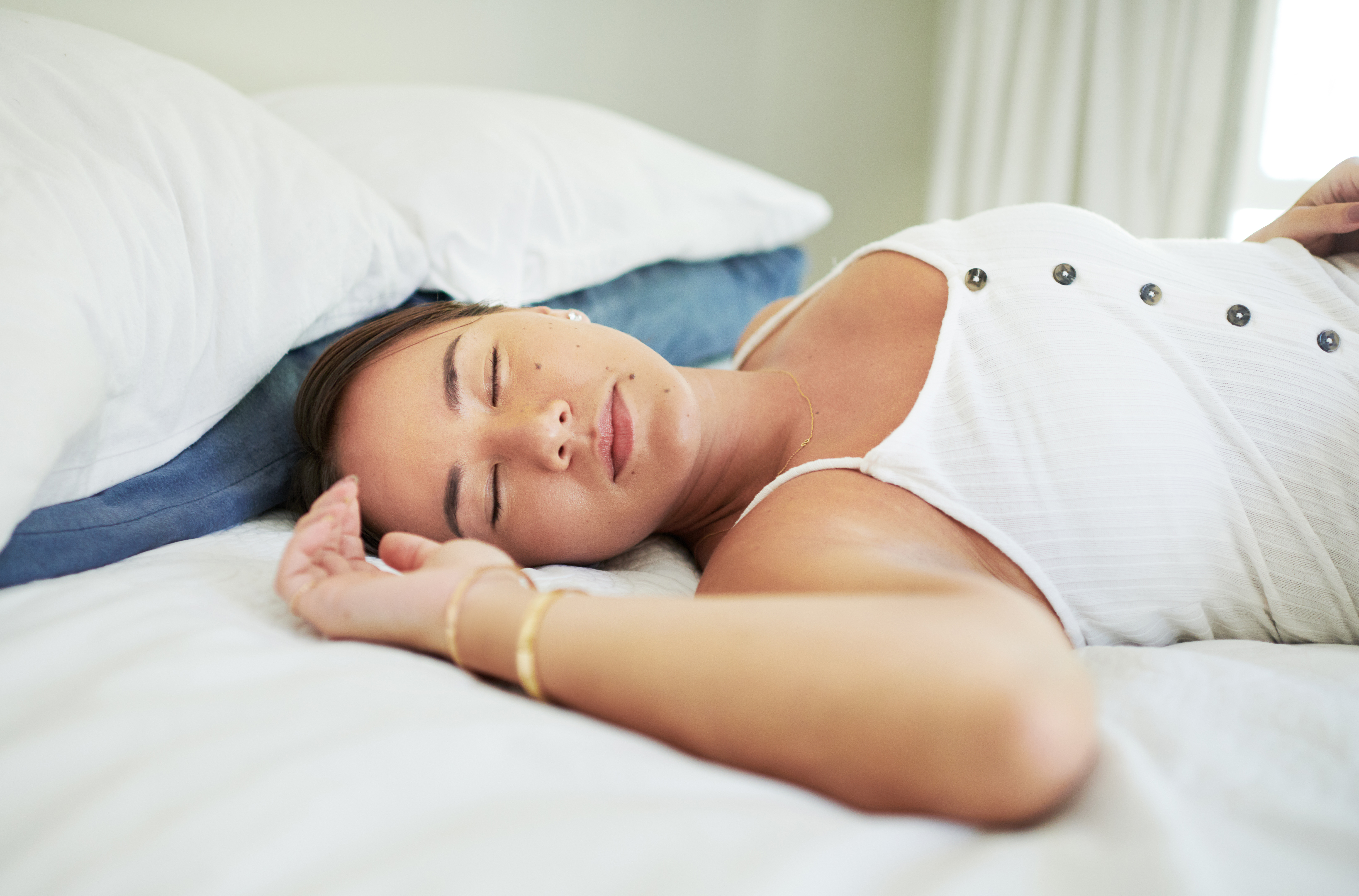Why Your Afternoon Nap Might Be Making You Tired
3. The Impact of Sleep Debt
Accumulating sleep debt can significantly affect how you feel after a nap. Sleep debt occurs when you consistently get less sleep than your body needs, leading to a cumulative deficit. While a nap can temporarily alleviate some symptoms of sleep deprivation, it cannot fully compensate for chronic sleep debt. If you're relying on naps to make up for insufficient nighttime sleep, you may find that they leave you feeling more exhausted because your body is still craving the deep, restorative sleep it needs. Addressing sleep debt requires consistent, quality nighttime sleep rather than short-term napping solutions.
4. The Influence of Sleep Environment

Your sleep environment can also impact the quality of your nap and how you feel afterward. Factors such as noise, light, and temperature can all disrupt your sleep, preventing you from achieving even the light stages of rest. If your napping space is too bright, noisy, or uncomfortable, your body may struggle to relax and recharge, leaving you feeling more drained upon waking. Creating a conducive sleep environment, with dim lighting, minimal noise, and a comfortable temperature, can help ensure your nap is truly restful and revitalizing.
